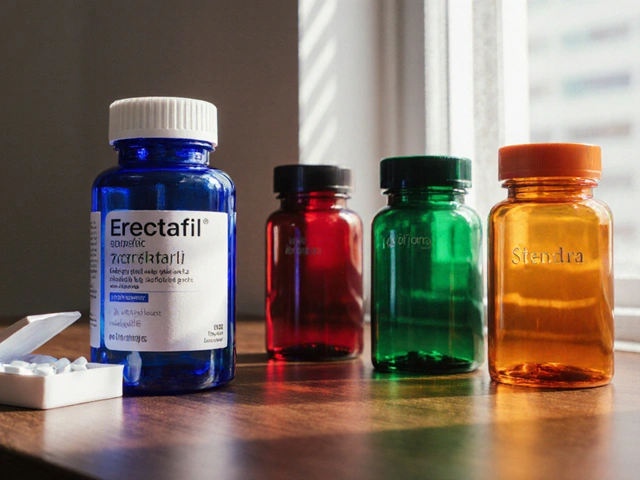Breast Milk Storage: Safe Ways to Store, Freeze, and Use Stored Milk
When you're pumping and storing breast milk, a natural source of nutrition for infants, often used when direct feeding isn't possible. Also known as expressed breast milk, it's a vital resource for working parents, premature babies, and families managing feeding schedules. Proper breast milk storage isn’t just about convenience—it’s about keeping your baby safe and getting the most out of every drop.
Not all containers work the same. Hard plastic or glass bottles with tight lids, or specially designed breast milk storage bags, are the only safe choices. Avoid regular plastic bags or thin containers—they can leak, crack in the freezer, or leach chemicals. Temperature matters too. Freshly pumped milk stays good for up to 4 hours at room temperature, 4 days in the fridge, and up to 12 months in a deep freezer. But if your freezer is part of a fridge unit (not a standalone), stick to 6 months. Heat changes the structure of milk. Never microwave it. Warm it slowly under running warm water or in a bowl of warm water. Shake it gently to mix the fat back in—no need to stir vigorously.
Freezing breast milk, a common practice to preserve nutrients for later use. Also known as deep-chilled milk, it’s essential for parents who pump regularly or need to build a supply. Label every container with the date and time of pumping. Always use the oldest milk first. Don’t mix freshly pumped milk with already frozen milk unless it’s cooled first. If you’re storing milk for a NICU baby, follow hospital guidelines—they often require stricter timelines and labeling. Breast milk shelf life, varies based on storage method and temperature. Also known as storage duration, it’s not just about time—it’s about how well you’ve protected the milk from contamination and heat. Thawed milk should be used within 24 hours and never refrozen. If your baby doesn’t finish a bottle, toss the rest. Bacteria from their mouth can grow fast in leftover milk.
Many parents worry about losing nutrients during storage. The truth? Breast milk holds up surprisingly well. Some immune factors do drop slightly over time, but even frozen milk is far better than formula for most babies. The key is avoiding extreme heat, not rushing to use it up. If you’re unsure whether milk is still good, smell it. Spoiled milk has a sour, soapy, or rancid odor—not just a change in smell from separation.
Below, you’ll find real-world advice from parents and professionals on handling breast milk in everyday life—whether you’re traveling, returning to work, or just trying to get through a sleepless night. These posts cover everything from packing milk for daycare to dealing with freezer burn, and how to tell if your storage method is actually working.
How to Store and Label Breast Milk When Taking Temporary Medications

Learn how to safely store and label breast milk when taking temporary medications without stopping breastfeeding. Discover when to pump and dump, how to label properly, and which meds are safe.
read more



